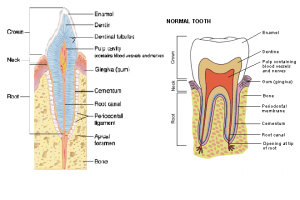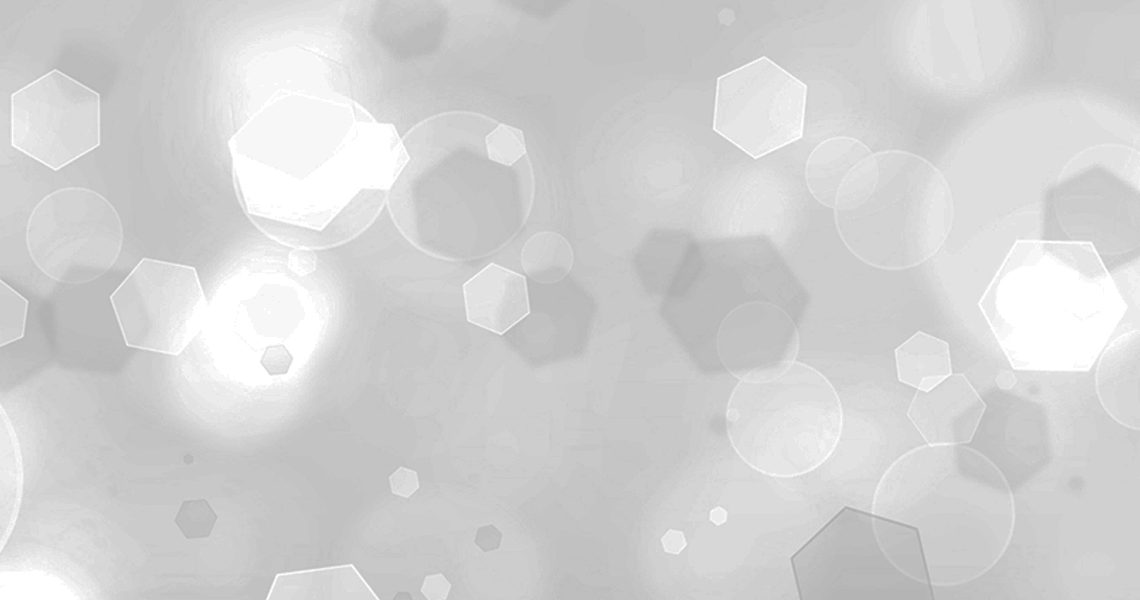 You may not realize this, but as you age, your teeth and your gums do too. This is why it is important that as you grow older, you take care of your teeth properly. Taking care of your teeth involves the need to have a diet that is ideal for both your body and your mouth. It also involves proper dental hygiene suited for your age.
You may not realize this, but as you age, your teeth and your gums do too. This is why it is important that as you grow older, you take care of your teeth properly. Taking care of your teeth involves the need to have a diet that is ideal for both your body and your mouth. It also involves proper dental hygiene suited for your age.
What exactly is the right kind of diet for aging teeth and what is proper dental hygiene for those who are entering their golden years? When a person is young, they can eat almost anything they want, no matter how tough, hard, acidic, chewy, or stringy these may be. When you get older, you will find that certain types of food are no longer ideal for you, usually because of the problems these may bring.
Tough, hard, and chewy food can wreak havoc on an older person’s teeth. Eating these can bring about problems like cracks, chipping, and when a person has dentures or crowns, these can either get stuck or crack as well. Acidic food, on the other hand, can slowly eat at enamel and stringy food can get stuck in between teeth, making these prone to bacterial growth.
Growing Old and Your Teeth
When it comes to dental care, the older you become, the more prone your teeth and gums are to injury if you brush your teeth too vigorously. You should change your toothbrush to a softer one, and make sure that you don’t brush as vigorously as you would were you younger. It is also a given that gums will slowly recede when you grow older, which is why these become more prone to sensitivity and decay.
When you grow older, you will also find that medications you take for certain ailments that often arise when you age bring about changes in your dental health as well. Some of the things you will notice include dry mouth or cotton mouth, changes in how things taste, and difficulty in chewing due to the shrinking of your jaws. This will make a person change their eating habits, which in turn can increase the chances of tooth damage.
Dry mouth, which is essentially a reduction of the production of saliva in the mouth, can bring about an increase in bacterial growth. This is because the saliva that is supposed to keep bacteria at bay and to help wash down food stuck in areas of the mouth, is lessened. This can then lead to tooth decay.
Inadequate food intake can also affect your teeth, albeit a bit indirectly. When you lack nutrients, you cannot maintain a healthy body, and your mouth will also be affected. This can lead to unhealthy gums, and lower your resistance to ailments that may cause bleeding gums and the like.
Possible Solutions for These Problems
For problems with dry mouth, you should increase your intake of fluids. You should also ask your doctor for a change in medication, if these are what is causing your dry mouth. If a change in medicines is not possible, you might want to use artificial saliva, and fluoride rinses, to help get rid of bacteria that may increase in number in your mouth because of this condition.
For problems with food intake, you can take care of the reason for this with specific changes. For instance, if what you are experiencing is because of a change in how things taste, spicing up your food can help make things more palatable. If the issue is with difficulties in chewing, you can chop your food up to make these easier to ingest, or change your diet to softer choices.
- St. Lawrence Dentistry Looks Forward To St. Patrick’s Day! - March 12, 2025
- Understanding Dental X-Rays and Radiation: What You Should Know - January 13, 2025
- Happy New Year from St. Lawrence Dentistry! - December 30, 2024










